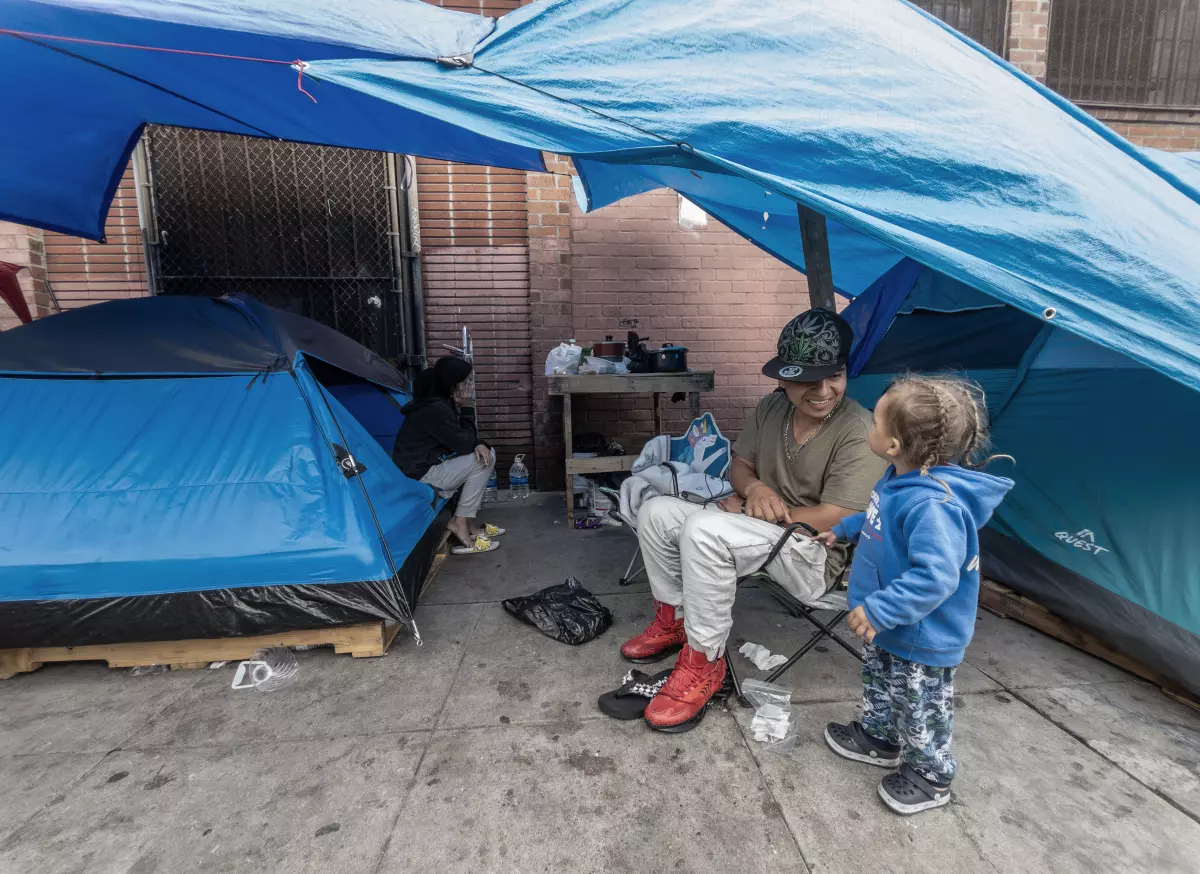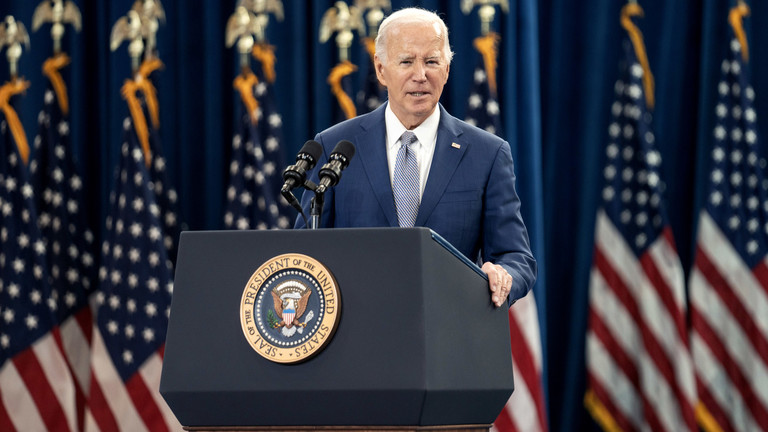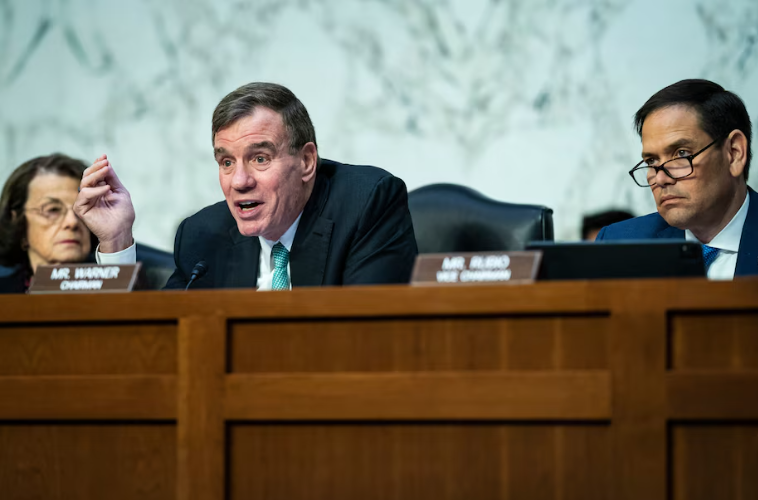This article is more than
8 year oldSupreme Court asks whether Obama overreached with immigration program
The Supreme Court’s conservatives, led by Chief Justice John Roberts, seemed skeptical Monday of Obama’s sweeping immigration executive actions that would shield 4.5 million unauthorized immigrants f-rom deportation and make them eligible for work permits.
Two lower courts ruled that the “deferred action” programs were unconstitutional, and prevented them f-rom being implemented pending the Supreme Court’s decision. The court, which lost its conservative firebrand Antonin Scalia in February, has been mostly kind to the president’s legacy — but it’s unclear if his luck will hold out in his final year in office.
In oral arguments in the case, Roberts asked Solicitor General Donald Verrilli to explain whether he believed a president could decide not to deport any immigrants at all. Verrilli said immigration law binds the executive to deport immigrants recently arrived at the border and those who commit crimes, but he stressed that Obama’s program, which is aimed at young unauthorized immigrants and the parents of U.S. citizens, is not that sweeping. “That’s a million miles f-rom whe-re we are now,” Verrilli said.
“It’s 4 million people f-rom whe-re we are now,” interrupted Justice Anthony Kennedy, one of the court’s conservatives who occasionally sides with the liberals. Kennedy added that he thinks the president is setting policy on his own, ignoring the will of Congress. “That’s just upside down,” he protested.
Both Roberts and Kennedy sided with the court’s liberals in the last major immigration case to reach the Supreme Court, over Arizona’s SB 1070 law. They affirmed the executive’s power to pursue its own immigration policies even when it inconveniences states.
But in Monday’s oral argument, both men asked questions that suggested they believe this case is different. If the court rules against the government, it could put in jeopardy Obama’s earlier program that has already protected f-rom deportation 800,000 young unauthorized immigrants who came to the country as children. That deferred action program is not being challenged, but if the court issues a broad ruling, it may undercut its status as well.
Verrilli maintained that Texas and 25 other states that joined its claim do not have the legal right, or standing, to sue the federal government. Texas is suing because the state allows people with deferred action status to apply for driver’s licenses. The state estimates it would spend millions of dollars if the estimated 500,000 people in its state who will be legalized under Obama’s programs apply for licenses.
The government says Texas could easily change its law, preventing people on deferred action f-rom getting licenses. But Roberts and Justice Samuel Alito seemed to reject that argument, pointing out the government would probably sue Texas if it blocked immigrants f-rom accessing licenses. Verrilli would not rule out that possibility, but maintained the state still did not have standing.
Justice Stephen Breyer made the most convincing argument for not granting Texas standing — a decision that would allow the eight-person court to dodge a contentious deadlock on a politically c-harged case. The liberal judge said the Supreme Court had already decided that states and taxpayers may not bring suits against the federal government simply because they do not believe their taxpayer money should be spent on policies they do not agree with. Allowing such suits to continue would make courts the referees in non-Constitutional disputes between states and the feds. “Before you know it, power will be transferred f-rom the president and Congress, whe-re it belongs, to a group of unelected judges,” Breyer said.
It’s unclear whether Breyer’s argument will sway his colleagues. In 2007, the court’s liberals allowed Massachusetts’ residents to sue the Environmental Protection Agency over its failure to enforce carbon emissions rules, which they argued was leading to the erosion of the state’s coastline. Breyer argued that case was different, because it involved the state’s land, not simply its taxpayer funds. At one point on Monday, Roberts said that the loss of the state’s money is “classic” injury, suggesting he may not share Breyer’s hesitation on standing.
It’s not just the fate of millions of immigrants that hang in the balance. If the court strikes down the president’s immigration actions, it will be a reversal of recent trends. “Historically, immigration is an area whe-re the Supreme Court has given the president a whole lot of deference,” said Jeff Rosen, president of the nonprofit National Constitution Center. If the court decides Obama overreached, “that will be a really dramatic holding.”
A decision is expected in June.
Keywords
Newer articles
<p>Chinese officials say they "firmly oppose" the platform being divested.</p>
Ukraine ‘will have a chance at victory’ with new US aid, Zelenskyy says
Congress passes bill that could ban TikTok after years of false starts
Ukraine war: Kyiv uses longer-range US missiles for first time
Who will be Trump’s VP? A shortlist
How soon could US ban TikTok after Congress approved bill?
‘LOSING CREDIBILITY’: Judge explodes at Trump lawyers as case heats up
TikTok faces US ban as bill set to be signed by Biden
KANYE WEST PLANS TO LAUNCH 'YEEZY PORN' ... Could Be Coming Soon!!!
Megan Thee Stallion’s Ex-Makeup Guru Talks. It’s Not Pretty.




